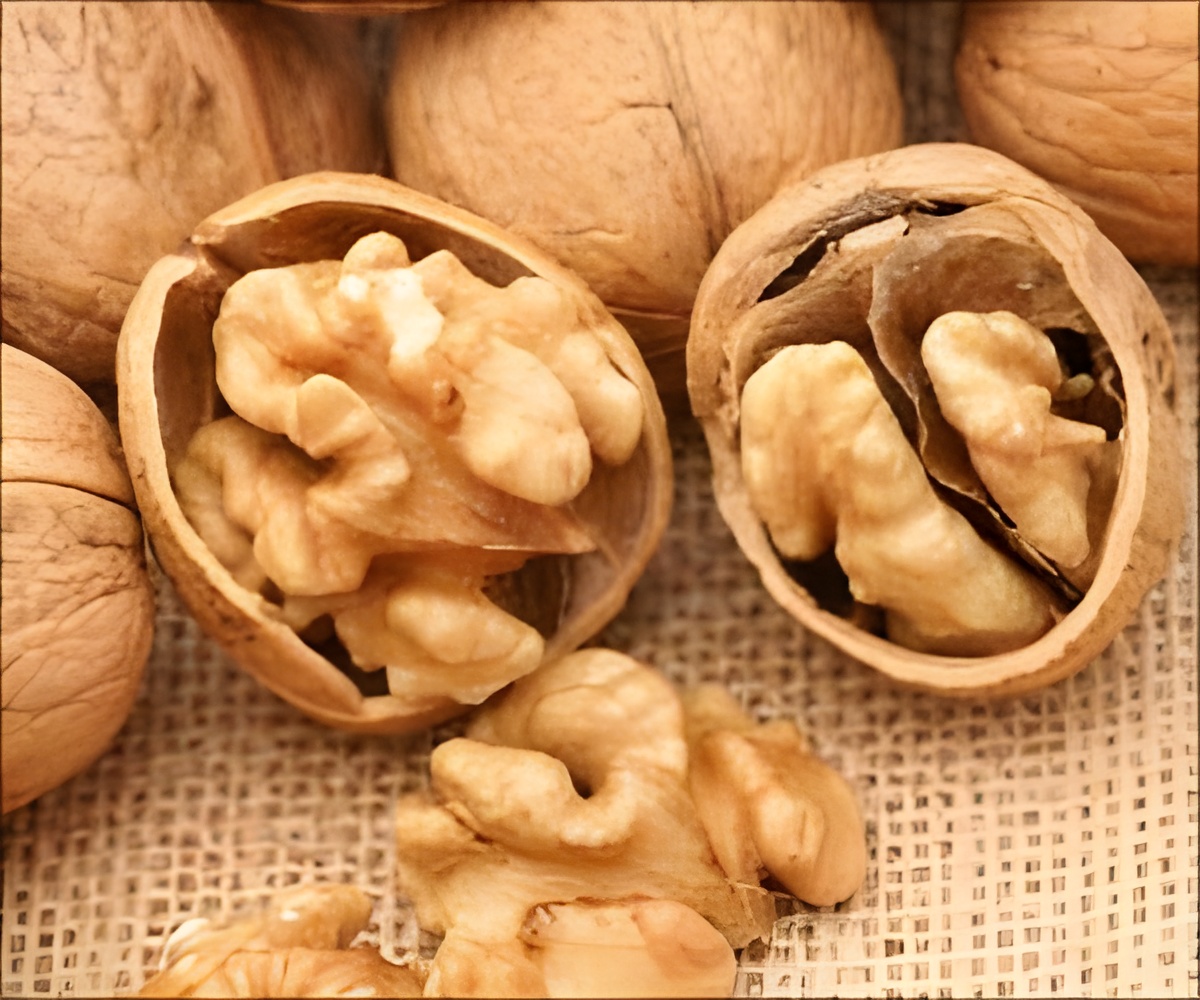Walnut consumption can lead to changes of miRNA, the nucleotides that are involved in altering gene expression that can slow the growth of colorectal tumor.
Walnuts are the only nut that contain a significant source of alpha-linolenic acid (ALA), which is an essential fatty acid critical to various body processes and is known to reduce inflammation. It also contains a variety of antioxidants, and numerous vitamins and minerals. A diet containing walnuts may lead to genetic changes that can slow the growth of colorectal tumor, the third most common type of cancer worldwide, revealed a new animal study by Harvard Medical School.
The study examined whether walnut consumption can lead to changes of micro-ribonucleic acids (miRNA), the nucleotides that are involved in altering gene expression. Lead researcher Christos Mantzoros said, "Our research demonstrates that a walnut diet causes significant changes in the expression profile of miRNAs in localized colorectal cancer tissue, and that a walnut diet incorporates protective fatty acids in the colonic tumor either through its direct effects or through additive or synergistic effects of multiple other compounds present in walnuts."
The researchers conducted the randomized study with two groups of mice. One group of mice was fed the equivalent of two servings (56 grams) per day of walnuts for humans, while the second group received a similar control diet with no walnuts. 25 days later, the researchers found that in walnut-fed mice, key miRNA that may affect cancer cell inflammation, blood supply and proliferation were positively engaged. The study results suggest that a smaller tumor size was associated with walnut-containing diet, suggesting that ALA may provide a protective benefit. The tumor growth rate was also significantly slower in the walnut group compared to the control group.
The study has been published in the
Journal of Nutritional Biochemistry.
Source-Medindia

 MEDINDIA
MEDINDIA




 Email
Email










